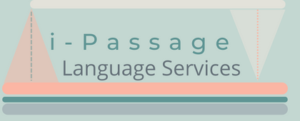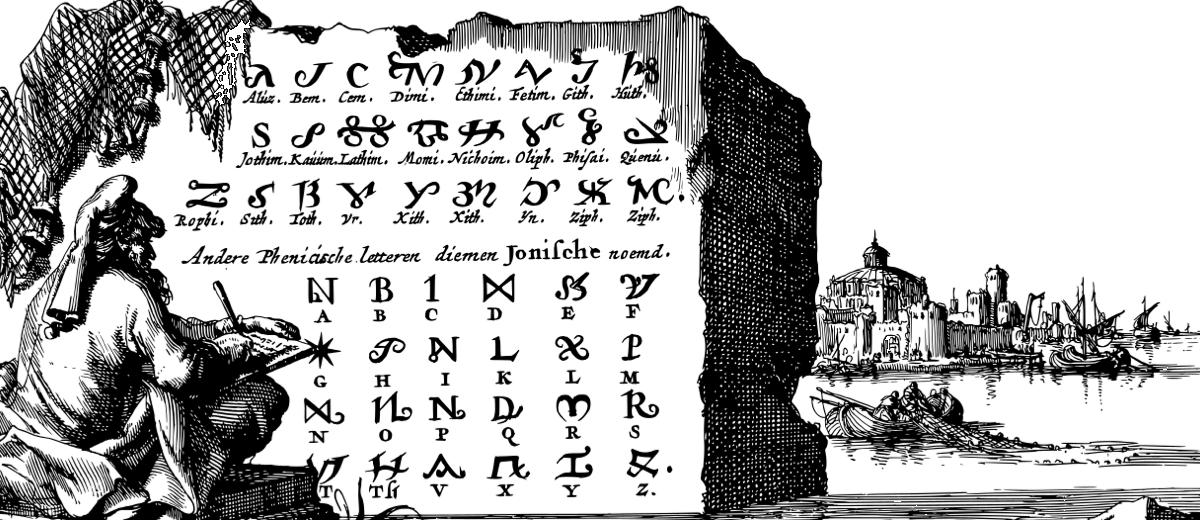
Do you need to get a document translated?
Document translation is done by a language-services agency, which may be purely a translation agency or may offer multiple services. The agency may be big or small. Neither size of operation nor scope of services consistently correlate to a given quality of execution.
Do you need a specialist translator?
Very commonly, the actual work is done by a free-lance translator with whom the client does not directly interface. The agency is responsible for knowing or finding a suitable translator. Translators do specialize per applied field – commercial / legal / scientific / creative, etc. An additional quality-filter is post-translation proofing (or editing), which can be included for a fee. This is especially useful for very big jobs which are broken into chunks to be handled by multiple translators.
What are the advantages of finding a translator through an agency?
The agency is a middle-man which means an added cost. You can avoid this by seeking a translator from the ATA website or elsewhere, but then you lose the filtering intelligence of the agency. Translators vary greatly in competence. Bypassing the agency does not necessarily mean losing quality – it just tends to be more unpredictable.
Do you already have a translation but want it proofed? Are you clear on the difference between translating, proofing, editing and formatting?
Proofing is principally searching for and removing errors, whether of translation or within one language. Editing means revision of the content, usually by reduction and clarification rather than expansion. Copy-editing is the refinement of language expression phrase-by-phrase, without content changes. Formatting, in the sense of “desktop publishing,” means editing the physical page/ slide / webpage / etc. layout so that it presents visually as intended.
How do these services work and how are fees for services determined ?
The cost of translation is often based on a word-count (see also here below under “Cost-basis for this service”); a typical low and high range is 5-30 cents per word, with a concentration in the middle at around 10-20 cents per word. The agency might mean an increase of 50% on what the freelance translator is paid. It is probably true that the variability of translator competence is greater and more unpredictable than the variability of pricing.
Services We Provide
We translate documents between Spanish, Portuguese, French, Italian and English from the business, legal, educational and other domains. The translation can be certified as needed for legal transactions.
We do not operate a large-scale database platform for the systematic translation of very large volumes of materials which are usually split between multiple translators.
We only take work we figure we can to our own satisfaction as well as yours.
Separately, we can cover all editing tasks from proof-reading to the style-editing of original-language texts and translations. This covers both basic written language form (grammar; spelling and punctuation) and also style, tone and structure. Content editing requires two distinct expertises: (i) general, which controls for expression and conforms to the expectations of an “educated reader” per the fore-mentioned features; (ii) technical subject matter expertise, which we do not provide.
We can cover common desktop publishing issues around display documents, including file format conversion. We are not specialists in image and/or video programs, such as those of the Adobe Creative Suite, Final Cut Pro, etc., or book-ready print programs (Vella, Quark / MS Publisher / …).
Translating Applications
| Document Type | Example | |
|---|---|---|
| Government issued identity docs | – Birth / Death / Marriage Certificate – Driver’s License, voter registration – Public background check | 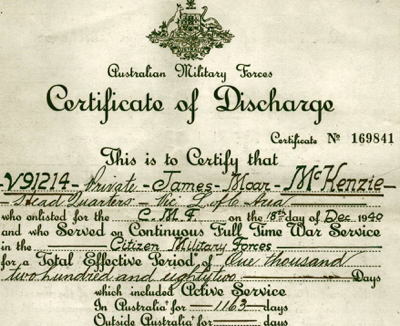 |
| Government-agency issued documentation | – Informational websites & publication – Regulations and/or procedures manual – Forms | 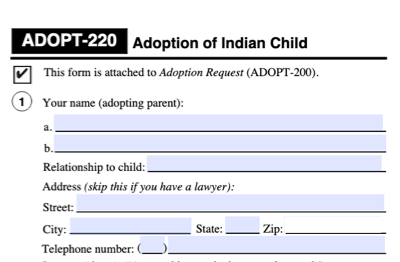 |
| Court documents | – Family law judgments (divorce decree, etc.) – Court reporter transcripts – Depositions – Motions and evidentiary submissions | 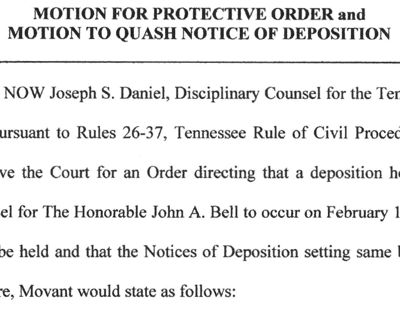 |
| Commercial, legal | – Contracts – Financial statements – Declarations |  |
| Educational institutions | – Transcripts – Diplomas – Course descriptions (catalog or extended) | 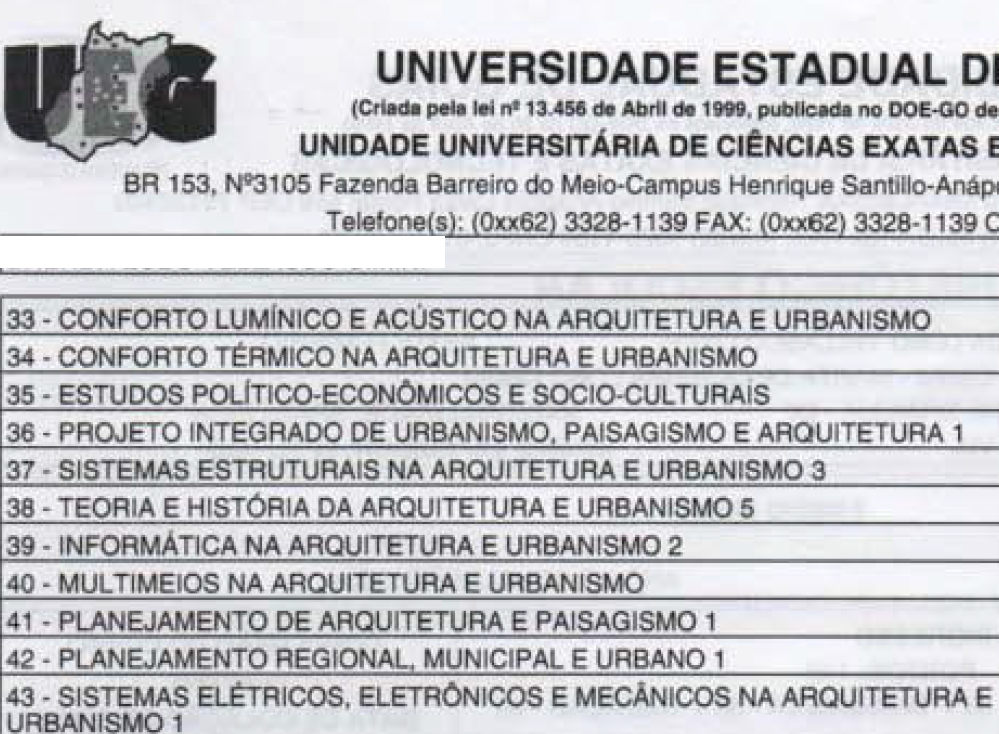 |
| Academic research | – Draft manuscript for article – Prepared text / slide-show / etc. for conference – Questionnaire | 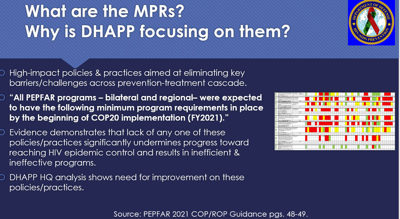 |
| Medical documents | – Lab reports – Hospitalization and case history summaries – Referrals | 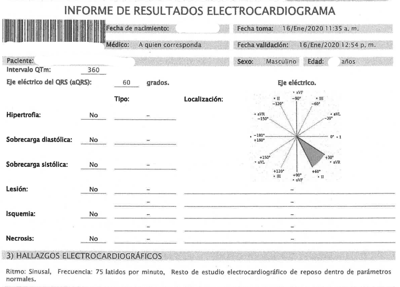 |
| Business | – Marketing materials – Negotiating proposals – informational presentational documents | 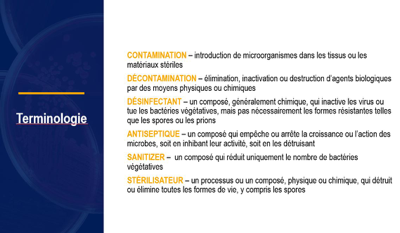 |
What Sets Us Apart
Our translations are individual and unique, and quality-controlled by various filters. They will be done on-time. We can be contacted easily and reply promptly; the client is welcome to provide input if s/he is aware of peculiarities in the material or circumstances. For documents with notable graphic features, such as the seals in birth and death certificates, or the table formatting of transcripts, we transpose or recreate these graphic elements and features according to the preference of the client. We only take work we figure we can to our own satisfaction as well as yours.
Our editing services are based on our profiles as individuals, with academic training and industry experience. It cannot be stressed enough how much editing depends on the competence and dedication of the individual responsible. We consider this a niche speciality and a particular strength of i-Passage.
Frequently Asked Questions (FAQs)
Cost Basis for Translation and Editing Services
 | Translation of larger texts without special formatting can be costed on a per-word basis or a flat fee, which is the most common fee-unit in the industry. Editing, as opposed to translation, is normally charged on an hourly basis. The fee for translation of a document with special formatting (e.g. transcripts and certificates) is based on a pre-estimate of the needed hours. You can initially contact us to describe your material to get an estimate quote. A final quote cannot be done without us seeing the document to verify the nature of the work. |
How It Works
 | (i) Contact us to explain your needs and see if we can work together effectively; this involves identifying your precise needs, especially if this means anything other than simple document translation (for example, if there are formatting issues, such as with a birth certificate, or a Powerpoint business presentation) (ii) Email or upload your text (iii) We examine the text, figure a fee, and provide a quote and delivery-date to you (iv) Confirm that quote or request a modification to the services entailed; convert the quote to a billable invoice, or simply decline to proceed (v) Pay in advance, if a private party, or pay within 30 days after our delivery of the translation if you are a company with a formal invoice-payment system |
